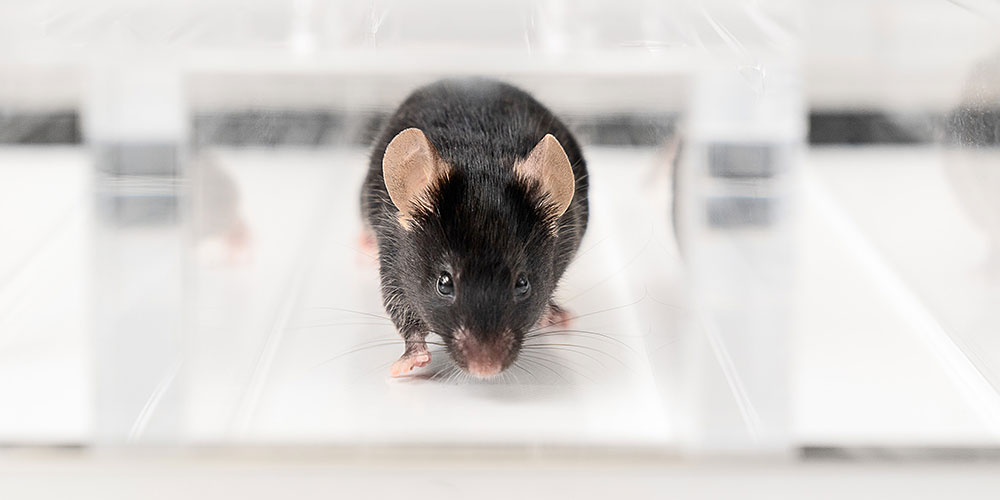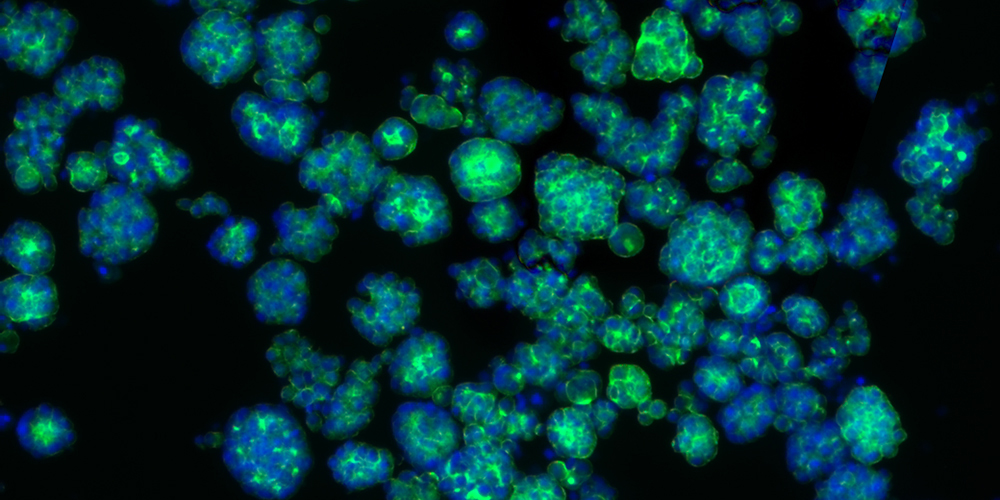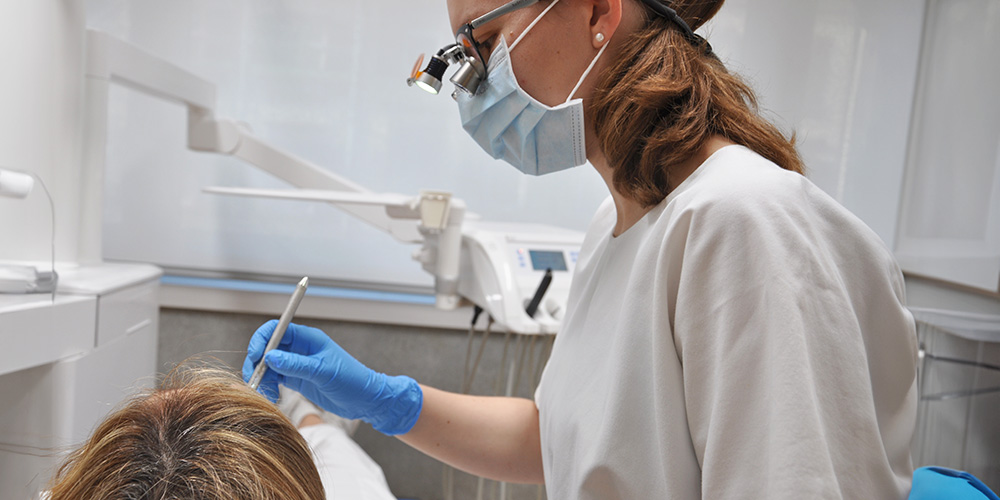People who drink more than three liters of fluid a day may be suffering from a rare hormone deficiency. For many, however, it is just a harmless habit. Failing to differentiate the two correctly can be fatal, so researchers have been investigating what kind of test delivers a reliable diagnosis.

How does electromagnetic radiation emitted by mobile phones affect semen quality? A research team from Geneva and Basel has published a major cross-sectional study on the subject. It shows that frequent use of mobile phones does have an effect on sperm concentration and total sperm count.

How strongly are the ideas of Mark Zuckerberg or Elon Musk influencing today’s digital economy? An economic sociologist at the University of Basel has analyzed speeches, book contributions and articles from Silicon Valley, demonstrating the emergence of a new spirit of digital capitalism.

We provide transport companies with information about our mobility behavior when we use various modes of transportation. Researchers at the University of Basel and two technology and mobility consulting companies have jointly investigated what requirements could be put in place to ensure this mobility data is better utilized.

Switzerland’s federal elections are taking place this weekend. Who will prove most successful at mobilizing voters? Anecdotes are a popular way to achieve this. Literary scholar Lea Liese studies the use of these short narratives in politics. Though they may seem harmless, they can have explosive power.

To study muscle diseases, scientists rely on the mouse as a model organism. Researchers at the University of Basel have now developed a new method that is not only faster and more efficient than conventional ones but also greatly reduces the number of experimental animals needed for studying the function of genes in muscle fibers.

Influencers with a large following are expensive and usually not interested in promoting unknown brands. This marketing channel is therefore largely inaccessible to SMEs. Business professors are now suggesting a bypass from the financial sector: forward contracts, which allow companies to sign such influencers early on, when they are still relatively unknown.

Cancer cells completely change their metabolism to grow continuously. University of Basel scientists have discovered that high levels of the amino acid arginine drive metabolic reprogramming to promote tumor growth. This study suggests new avenues to improve liver cancer treatment.

Basel-Landschaft schoolchildren say “ah”: every year, the school dental service teaches proper dental hygiene and offers free examinations. A long-term study has now shown the effects these preventative measures have had on dental health and which children continue to be at risk.

